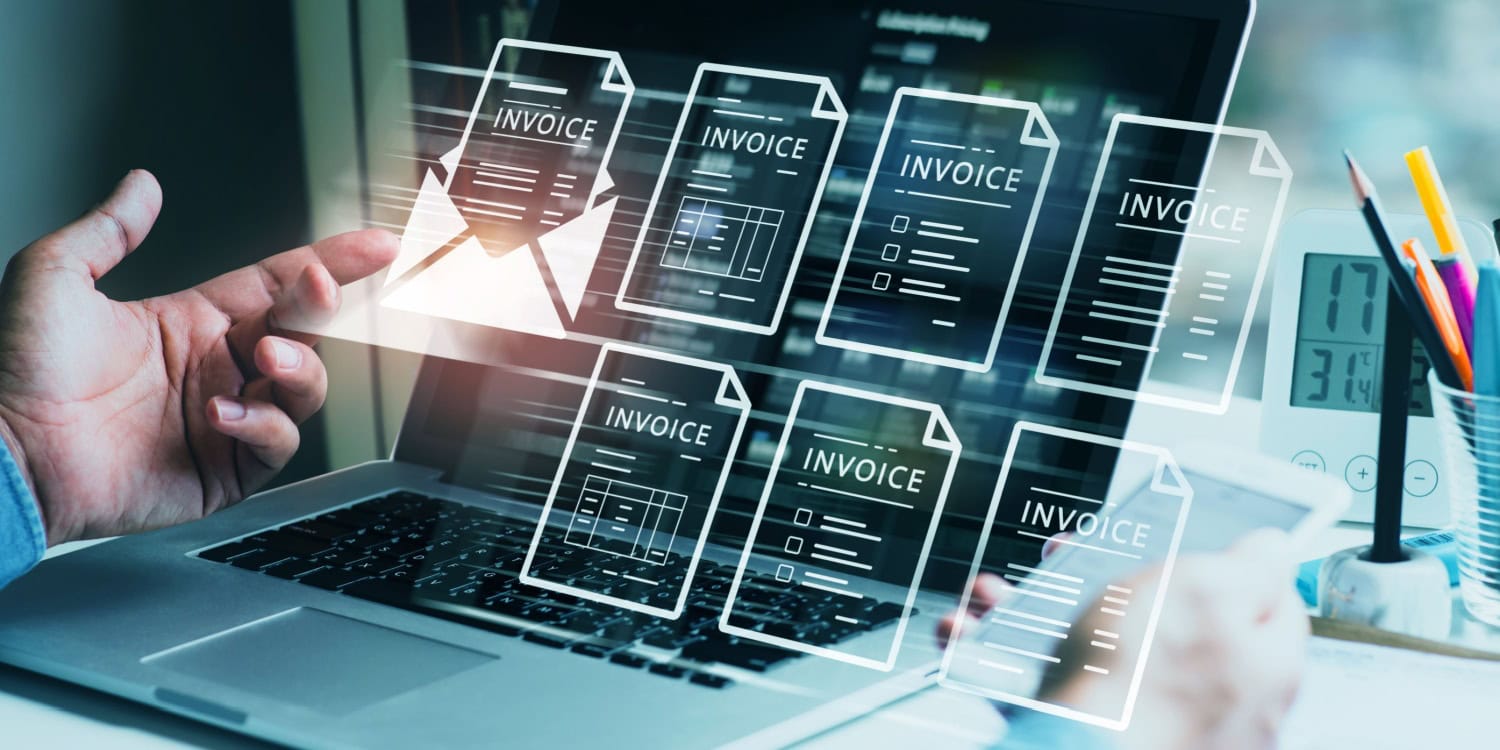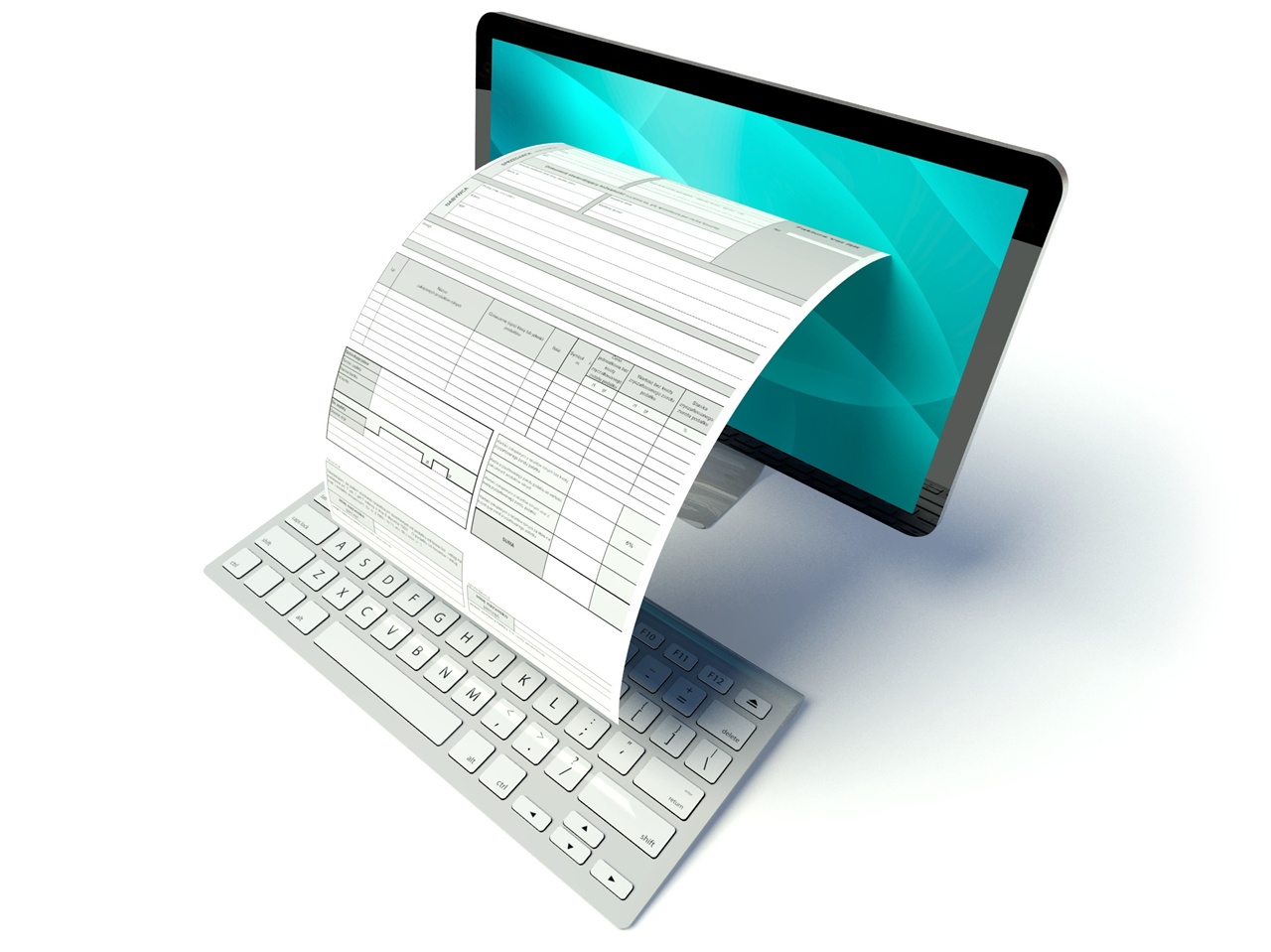Saudi Arabia is witnessing a broad digital transformation, and the application of electronic invoicing is one of the most important steps that have changed the way companies manage invoices, and has become a major part of the financial system in various sectors. With the obligation of application and the increasing need for more accurate and organized systems, the ERP system has emerged as an essential tool that allows companies to manage their financial operations with high efficiency, and convert invoices from the traditional paper form to an integrated digital model that is compatible with Saudi standards In this article, we will learn about the role of the ERP system in supporting electronic billing requirements in the Kingdom. Read on.

The importance of the ERP system in supporting electronic billing in Saudi Arabia
The ERP system represents the cornerstone for organizing financial data and making the electronic billing application successful within Saudi Arabia, and these are the most prominent aspects of its importance:
1. Ability to standardize and accurately process data
Electronic invoicing in Saudi Arabia relies on accurate data that cannot tolerate errors, such as tax numbers, total invoice value, tax, bank details, and QR codes. Here, ERP integrates all financial data into a single database, eliminating errors resulting from manual work. When ERP handles the invoicing process directly from the sales source or point of sale, the invoice issuance becomes automatic and uniform, directly impacting the financial system.
The ERP system also ensures that electronic invoices exactly match the Authority's requirements without personal efforts or individual differences between employees. This increases the level of accuracy within companies and makes compliance much easier.
2. Facilitating real-time monitoring of financial operations
Companies in Saudi Arabia need real-time monitoring of revenue and sales movements to easily calculate monthly and annual taxes. In this regard, the best ERP programs provide an interactive report board that displays everything from the number of electronic invoices issued to their value and total taxes. The ERP system also provides in-depth analysis that helps the company detect errors before sending data to the Zakat Authority This level of real-time monitoring enhances transparency and reduces the problems that establishments may face when implementing electronic invoicing.
Basic requirements for electronic invoicing in Saudi Arabia and the role of the ERP system
Electronic invoicing in Saudi Arabia relies on precise technical standards that cannot be easily applied manually. These are the most important requirements for electronic invoicing and how the ERP system covers them:
Create invoices according to the Authority's standards without manual intervention
- An electronic invoice contains a unique, non-modifiable number, accurate tax data, and a QR code in a specific XML format.
- The ERP accounting software system automatically generates invoices in accordance with the different stages of electronic invoicing.
- The ERP system automatically generates all required identifiers while ensuring the correct serial number, reducing manual errors and ensuring full compliance.
Direct technical connection with the Authority via API
- The invoice must be linked to the Authority directly via Application Programming Interfaces (APIs).
- The ERP system provides a direct connection to send invoices for electronic review as soon as they are issued.
- The ERP system allows monitoring the status of each invoice accepted, rejected, or under review while reducing the need for manual processing.
Protect invoices from tampering or modification
- The electronic invoicing system prohibits amending invoices after they are issued, and any amendment must be via a creditor or debtor notification.
- The ERP system automatically locks the invoice after it is approved, preventing any tampering or illegal changes.
- The ERP system documents all processes to ensure full scrutiny when reviewing taxes.
Archive invoices electronically in a legal manner
- The electronic archive of invoices must be kept for years as required by Saudi laws.
- ERP stores invoices on the cloud or on-premises server with easy-to-search organization by date, number, or customer.
- Provides backup copies to protect data, promoting full compliance with electronic billing requirements
Benefits of linking the ERP system with electronic billing for establishments in Saudi Arabia
Integrating the ERP system with electronic invoicing offers significant operational and organizational benefits that directly affect the quality of management within Saudi Arabia, and here are the most prominent of them:
1. Reduce errors and improve process quality
Paperwork or manual work caused significant delays in invoicing, as well as errors in tax or accounting. The ERP accounting system provides complete automation in creating invoices, verifying tax, and linking them to inventory and sales, and this ensures that the electronic invoice is 100% accurate and compliant with the authority, and the ERP system facilitates the review and approval of invoices more quickly.
2. Speed up workflow and save time
Companies in Saudi Arabia benefit from the speed of issuing invoices via the ERP system, especially when there are a large number of customers. The system issues invoices automatically and sends them to customers directly via mail or electronic platforms, without the need for employee intervention. This reduces the time spent on administrative work and allows the organization to focus on basic activities.
3. Improving the accuracy of financial reporting
The success of companies in Saudi Arabia is linked to their ability to analyze data accurately. ERP software helps produce accurate and clear tax, sales, and financial analysis reports. With the integration of electronic invoices with accounting data, reports are based on real numbers rather than estimates.
Integration of the ERP system with the Saudi Zakat and Income Authority
Integrating the ERP system with the Zakat and Income Authority is considered one of the most important practices to ensure compliance with laws and calculate zakat accurately and easily, and perhaps the most prominent things that integration provides are:
Direct link with the Authority
- The ERP system allows direct communication with the Zakat and Income Authority's systems to send financial and zakat reports without the need for manual processing.
- This connection ensures that data is constantly updated, helping to provide information accurately and in a timely manner.
Automatic calculation of zakat
- The system automatically calculates zakat according to the standards approved by the Authority based on all revenues and expenses recorded within it.
- The ERP system allows companies to avoid human errors in calculation and ensure full compliance with the legal requirements of zakat.
Preparing reports ready for submission
- The ERP system provides the ability to create financial and zakat reports ready for approval and submission to the Authority in an organized and accurate manner.
- Fluctuating the time taken to prepare documents and ensuring their compliance with the Authority's official requirements.
Archiving digital financial and zakat documents
- The system allows all financial and zakat documents to be stored in an organized digital archive that can be easily accessed when needed.
- This archive facilitates audits and reviews and ensures that data is always and securely available.
Validate data before applying
- The ERP system supports pre-verification of financial and zakat statements before sending them to the Authority, which reduces the possibility of rejection or requesting amendments.
- This enhances transparency and facilitates the company's internal and external audit processes.
Conclusion:
Implementing electronic invoicing in Saudi Arabia is no longer just a legal obligation, but has become a strategic step to improve the quality of work, reduce errors, and increase the efficiency of institutions, and with the major role that the best ERP system plays in organizing data and facilitating linking with the Zakat Authority, integration between them has become a necessity to ensure full compliance.
Other topics:
Fekrait’s Software for Restaurant and Coffee Shops Management
Fixed Assets And Custody Management System
reference:
1. << Management Accounting>>, businessnewsdaily
2. <<Sage Business Cloud Accounting Review and Pricing>>, business

Add New Comment